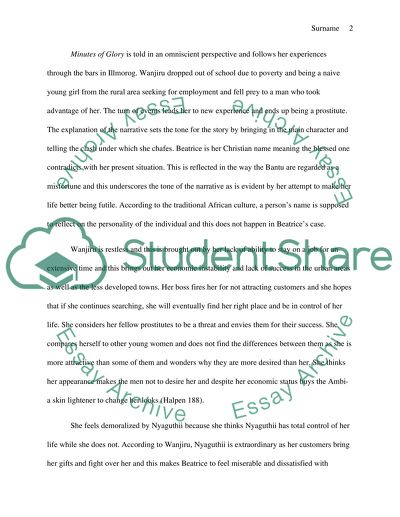Cite this document
(“Minutes of glory by Ngugi Wa Thiongo Research Paper”, n.d.)
Retrieved de https://studentshare.org/literature/1395997-minutes-of-glory-by-ngugi-wa-thiongo
Retrieved de https://studentshare.org/literature/1395997-minutes-of-glory-by-ngugi-wa-thiongo
(Minutes of Glory by Ngugi Wa Thiongo Research Paper)
https://studentshare.org/literature/1395997-minutes-of-glory-by-ngugi-wa-thiongo.
https://studentshare.org/literature/1395997-minutes-of-glory-by-ngugi-wa-thiongo.
“Minutes of Glory by Ngugi Wa Thiongo Research Paper”, n.d. https://studentshare.org/literature/1395997-minutes-of-glory-by-ngugi-wa-thiongo.


